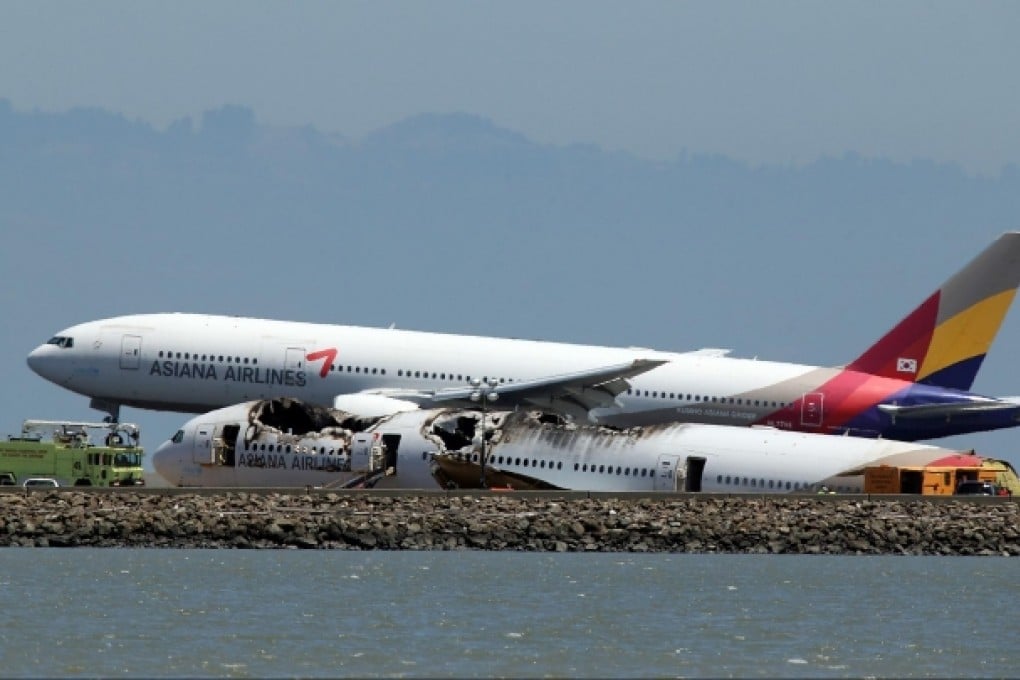Asiana expansion thrown off track after San Francisco crash
Before Asiana Airlines Flight 214 struck a sea wall at the edge of San Francisco International Airport last weekend, the Seoul-based carrier was planning a huge expansion of its fleet in the hope of capitalising on the surge in air traffic from Asia.

Before Asiana Airlines Flight 214 struck a sea wall at the edge of San Francisco International Airport last weekend, the Seoul-based carrier was planning a huge expansion of its fleet in the hope of capitalising on the surge in air traffic from Asia.
The devastating crash on Saturday, which killed two Chinese teenagers and sent 182 passengers to hospitals, has now thrown the future of South Korea's second-largest airline into question.
The airline needs to show customers that it is still in charge of a very safe and reliable operation
Asiana was recently ranked one of the world's best and experts say the key to overcoming damage to its reputation is for the carrier to quickly make any safety improvements needed to prevent another tragedy.
"The airline needs to show customers that it is still in charge of a very safe and reliable operation," said Henry Harteveldt, a travel industry analyst with New York-based Hudson Crossing.
Although the crash landing might make travellers skittish about flying Asiana in the short term, Harteveldt and other aviation experts say previous airline accidents have shown that ticket sales will rebound.
"If the airline does its work in the right way, I don't anticipate that there will be any long-term damage," he said.